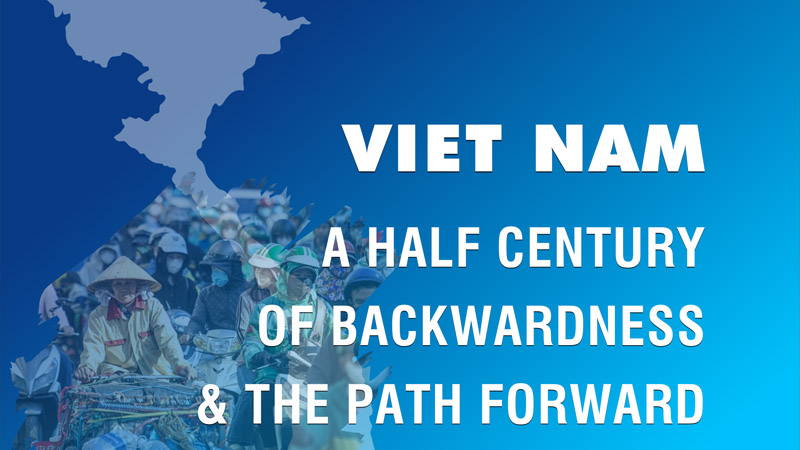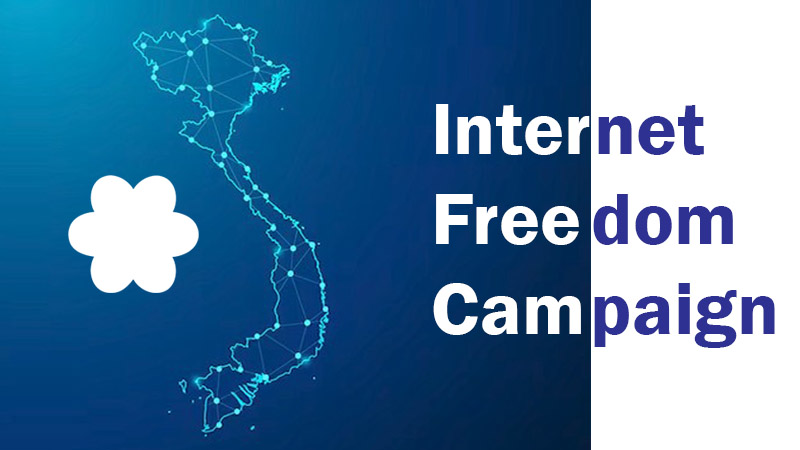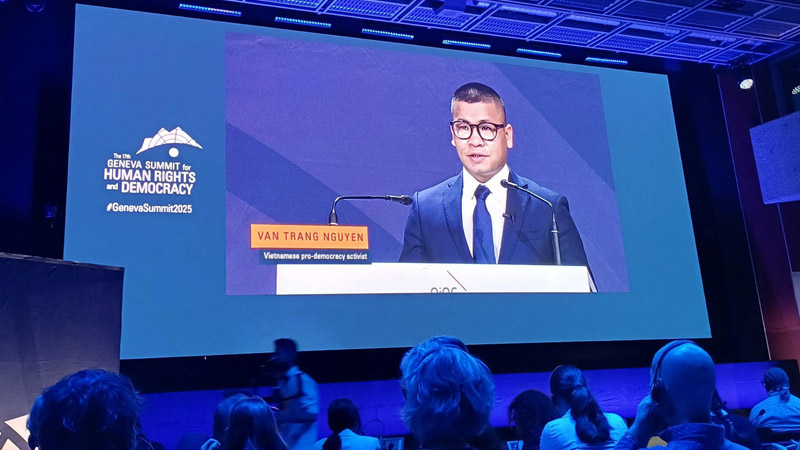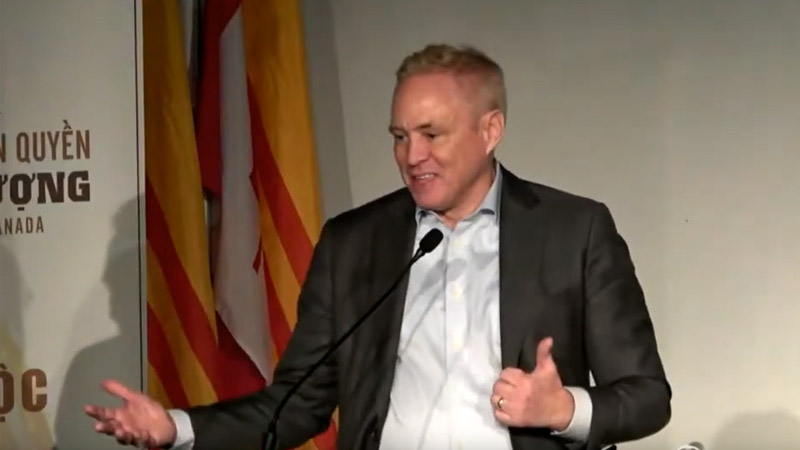June 13, 2012
Observers say Vietnam is tightening controls online ahead of a proposed decree on Internet usage.
A prominent Vietnamese activist says authorities forced him to shut down his blog as part of what appears to be an intensified crackdown on online content in the communist state ahead of a new decree on Internet usage expected to be announced this month.
Nguyen Xuan Dien, who had reported extensively on a number of land disputes in Vietnam, said he had recently been brought in for questioning by authorities over his online activities, during which time he realized that his site had been the target of a hacking attack.
“I am sure that the investigation was launched because of my blog [content],” Dien told RFA’s Vietnamese service.
“During an online question and answer session held on June 12, the Minister of Information and Communication said that there is no legal jurisdiction over blog management, so I don’t know how the Hanoi director of the ministry plans to handle my case or other similar ones.”
Dien said that while he was questioned, his blog displayed different content than what he had originally posted, leading him to believe it had been hacked.
Authorities then presented him with an administrative order to shut down his blog due to “politically sensitive” material linked to a bauxite mining project in central Vietnam, which he complied with, but he has since been unable to retrieve the original content.
“We have been trying to recover my hacked blog with much technical assistance,” he said.
“My blog contains much information about concerned issues over the past year that need to be archived and later referenced in notebook form. But even if I can recover it, whether the public will have access to it is another matter entirely.”
The targeting of Dien’s blog comes amid reports that a number of other sites run by online activists may also have been blocked.
Owners of the blogs, many of which are linked to articles critical of the government or which are deemed “politically sensitive,” report that netizens using certain Internet service providers (ISPs), including Vinaphone, Mobiphone, and Viettel, have been unable to access their sites in recent days, reports have said.
Many of the blogsites also contained information about how netizens can use proxy servers to bypass government firewalls that prevent them from accessing certain sites.
Including Dien’s blog NXDien (http://nguyenxuandien.blogspot.com/), which was shut down entirely, blogs Dân Làm Báo (http://danlambaovn.blogspot.com/), Ba Sàm (http://anhbasam.wordpress.com/), and Dong A (http://donga01.blogspot.com/) have also been affected, with users reporting trouble accessing the sites, one report said.
Upcoming proposal
Some observers suggested that the Vietnamese government may be tightening restrictions over online content ahead of the expected introduction of a proposed decree on Internet usage sometime this month.
The proposed Decree on Management, Provision and Use of Internet Services and Information on the Network would require Internet users to register with their real names, and force foreign Internet companies to relocate their data centers and establish local offices in Vietnam.
Washington slammed the proposed decree in an open letter issued by the U.S. Embassy in Vietnam last week, saying the measures would hamper commercial development of the Internet sector and threaten netizens’ rights to express their ideas freely.
But the Vietnamese government responded by defending the decree in a state media commentary, saying that the regulations currently guiding the management of the Internet in Vietnam, which were introduced in 2008, had “become unsuitable to the new circumstances.”
“The draft decree … comprises provisions which aim to keep a tight control over the Internet service to prevent negative impacts of Internet,” the article read, lauding the potential for foreign companies to work with the government to “retract violating information” online.
“The foreign service providers will have to provide information about users when they are requested by the investigation bodies,” it said.
Phil Robertson, deputy Asia director at New York-based Human Rights Watch (HRW), called on the international community to take a harder stance against Hanoi over Internet censorship.
“Obviously it’s clear that the Vietnam government has long dropped any pretense of respecting freedom of expression of its people, now the question is what are Vietnam’s donors going to do about it?” he asked.
He called the government’s latest efforts to regulate netizens an “affront to Internet freedom and the right to free expression [which] is best seen as a slowly closing door, slamming shut on Vietnam’s vibrant discourse online.”
“Hanoi has long premised its control on the ability to restrict what its people hear or see from the outside world, and this is part of the same rights violating tactics.”
Media controls remain restricted in Vietnam, which HRW has accused of mounting a sophisticated and sustained attack on online dissent, including by detaining and intimidating anti-government bloggers.
Reporters Without Borders, which lists Vietnam as an “Enemy of the Internet,” says at least three journalists and 17 bloggers are currently in jail in the one-party state.
Reported by RFA’s Vietnamese service. Translated by An Nguyen. Written in English with additional reporting by Joshua Lipes.





